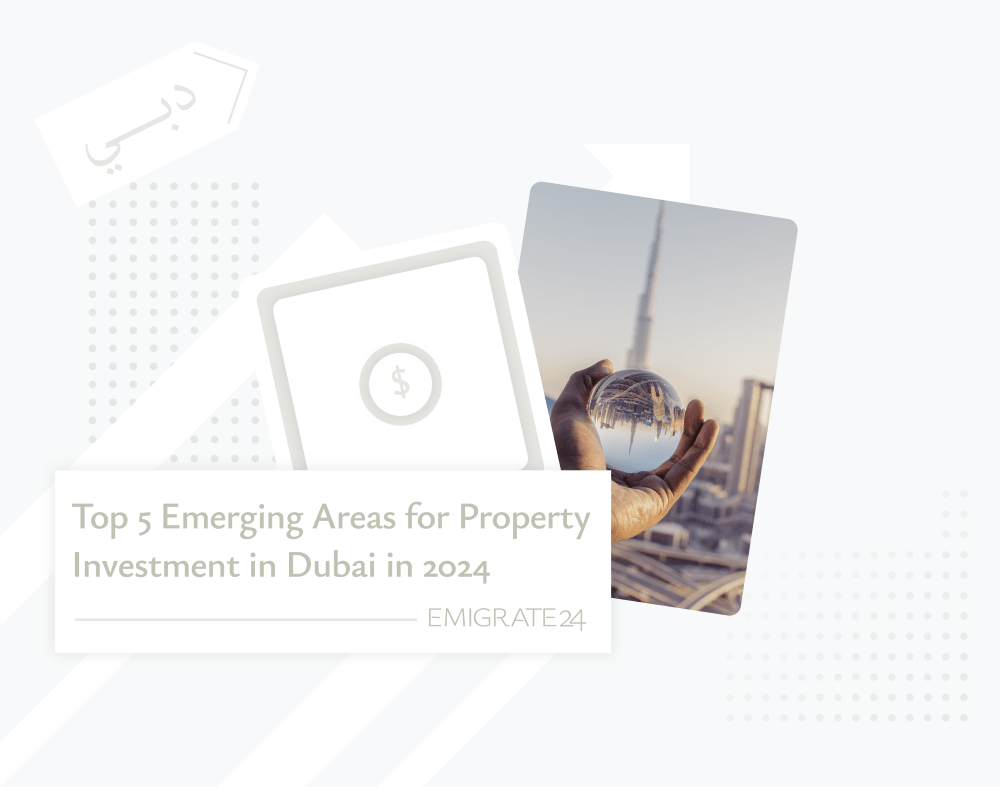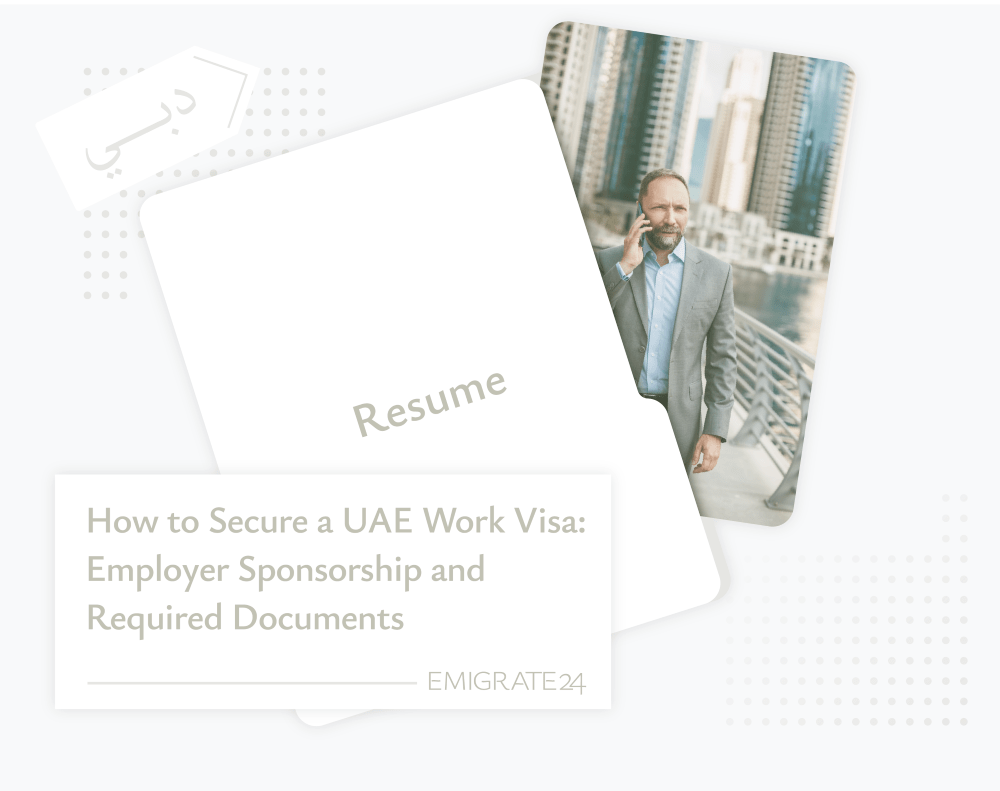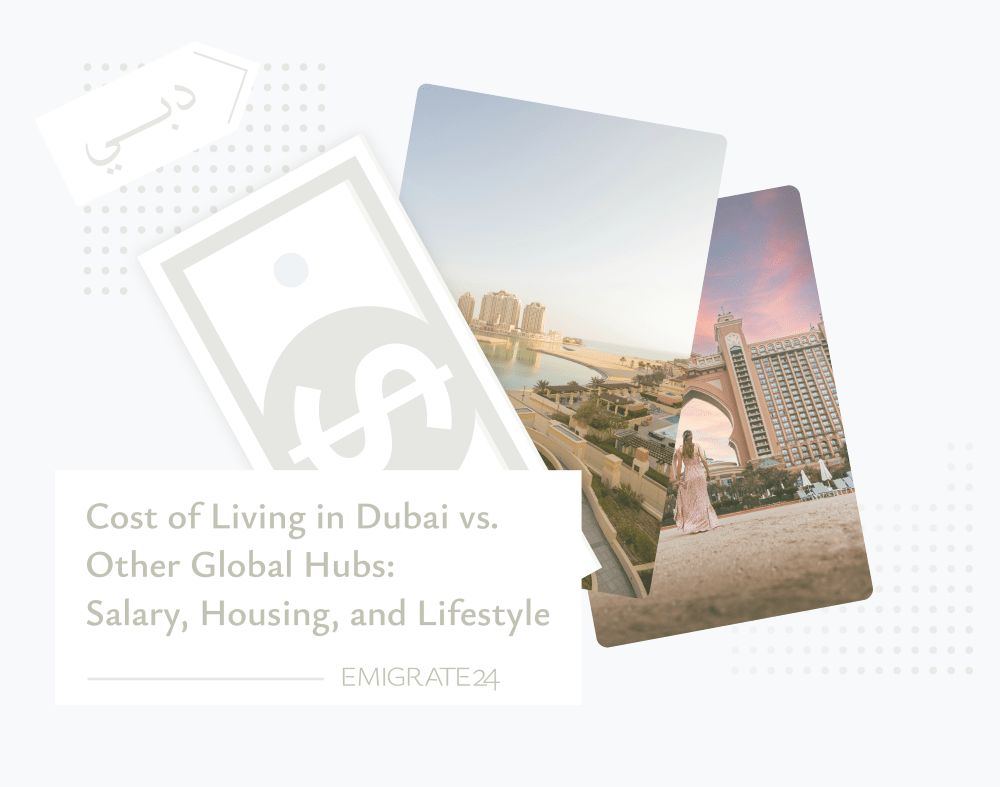Understanding the UAE Work Visa
A UAE work visa, also known as a work permit or employment visa, allows foreign nationals to work legally in the UAE for a specific employer. The visa is typically valid for two years and renewable, tied to the employment contract and the sponsoring employer. The process is regulated by the Ministry of Human Resources and Emiratisation (MOHRE) for mainland companies and free zone authorities for free zone businesses.
Key Points:
-
Employer Sponsorship: The employer acts as the sponsor, responsible for applying for the visa and covering associated costs.
-
Visa Types: Vary based on employment location (mainland, free zone, or public sector) and job type.
-
Golden Visa Option: Professionals with exceptional qualifications may apply for a 5- or 10-year residency visa, though this is less common for standard employment.
Step-by-Step Process for Securing a UAE Work Visa
The UAE work visa process involves multiple stages, typically handled by the employer in coordination with government authorities. Below is a streamlined guide for prospective employees.
1. Secure a Job Offer
The process begins with a formal job offer from a UAE-based employer. The employer must be registered with MOHRE or the relevant free zone authority and have a valid trade license.
-
What to Do: Ensure the job offer is documented via a signed offer letter or contract detailing salary, job role, and terms.
-
Tip: Verify the company’s legitimacy through the UAE’s official business registries or consult a legal advisor.
2. Employer Applies for a Work Permit
Once the job offer is accepted, the employer applies for a work permit through MOHRE or the free zone authority.
-
Process: The employer submits the application, including your passport details and qualifications, to obtain an entry permit (also called a pink visa) valid for 60 days.
-
Cost: The employer typically covers fees, ranging from AED 300 to AED 2,000, depending on the company category and visa type.
3. Enter the UAE
With the entry permit issued, you can enter the UAE to complete the visa process.
-
Requirement: Enter within 60 days of the entry permit issuance, or it will expire.
-
Note: If you’re already in the UAE on a visit or tourist visa, you may need to exit and re-enter with the entry permit, depending on your visa status.
4. Medical Fitness Test and Biometrics
After entering the UAE, you must complete mandatory medical and biometric requirements.
-
Medical Test: Conducted at approved centers, testing for communicable diseases like TB and HIV. Costs range from AED 300–500.
-
Emirates ID Biometrics: Fingerprinting and photo submission at an Emirates ID service center (AED 100–400).
-
Tip: Schedule appointments early to avoid delays.
5. Work Visa and Residence Permit Stamping
The employer submits the final application to MOHRE or the free zone authority to convert the entry permit into a residence visa, which is stamped in your passport.
-
Duration: The residence visa is typically valid for two years, aligned with your employment contract.
-
Emirates ID Issuance: You’ll receive an Emirates ID card, mandatory for accessing services in the UAE.
6. Labour Card Issuance
The employer finalizes the process by obtaining a labour card from MOHRE, confirming your legal work status.
-
Purpose: The labour card links your employment to the sponsor and is required for compliance with UAE labour laws.
-
Timeline: Issued within 1–2 weeks after residence visa approval.
Required Documents
The exact documents depend on the employer, job role, and whether the company operates in a free zone or mainland. Below is a comprehensive list of commonly required documents:
-
Valid Passport: Minimum six months validity, with at least two blank pages.
-
Passport-Sized Photos: Recent, white-background photos (4–6 copies).
-
Job Offer Letter/Contract: Signed by both you and the employer, detailing job terms.
-
Educational Certificates: Attested copies of degrees or diplomas, especially for skilled roles (e.g., doctors, engineers). Attestation may be required from the UAE embassy in your home country and the UAE Ministry of Foreign Affairs.
-
Medical Fitness Certificate: Issued after passing the medical test in the UAE.
-
Entry Permit: Provided by the employer after initial approval.
-
Emirates ID Application Form: Completed during biometrics.
-
Additional Documents (if applicable):
-
Professional licenses for regulated roles (e.g., healthcare, education).
-
Marriage certificate for family sponsorship (if applicable).
-
No-objection certificate (NOC) from a previous employer, if switching jobs within the UAE.
-
Note: Documents not in Arabic or English must be translated by a certified translator and attested.
Employer Sponsorship: Key Responsibilities
The employer plays a central role in the visa process, bearing most administrative and financial responsibilities:
-
Application Submission: Filing for the work permit, entry permit, and residence visa.
-
Cost Coverage: Paying for visa fees, medical tests, and Emirates ID, though some employers may deduct these from your salary (check your contract).
-
Compliance: Ensuring adherence to UAE labour laws, including providing a valid employment contract.
-
Cancellation: Terminating the visa upon contract end or resignation, which may require you to exit the UAE unless a new sponsor is secured.
Tip for Employees: Clarify with your employer whether they cover all costs and confirm the visa timeline to avoid unexpected expenses or delays.
Important Considerations
-
Free Zone vs. Mainland: Free zone employees may face different processes, as free zones like Dubai Free Zone Authority (DFZA) have their own visa systems.
-
Processing Time: The entire process typically takes 2–6 weeks, depending on the employer’s efficiency and government processing times.
-
Visa Quotas: Employers must have available visa quotas, which may limit hiring in smaller firms.
-
Legal Compliance: Ensure your employer is registered with MOHRE or the relevant authority to avoid fraudulent job offers.
-
Golden Visa: If you qualify (e.g., as a highly skilled professional, investor, or researcher), explore the Golden Visa for long-term residency without employer sponsorship.
Conclusion
Securing a UAE work visa is a structured process reliant on employer sponsorship and meticulous documentation. By understanding the steps—job offer, work permit, medical tests, and visa stamping—and preparing the required documents, you can navigate the process smoothly. Always verify your employer’s credentials and consult with MOHRE or free zone authorities for clarity on regulations. With the UAE’s dynamic job market and pro-business environment, obtaining a work visa in 2025 opens doors to exciting career opportunities in one of the world’s most vibrant economies.
Disclaimer: Visa regulations may change. Always check with MOHRE or official UAE government portals for the latest requirements.



